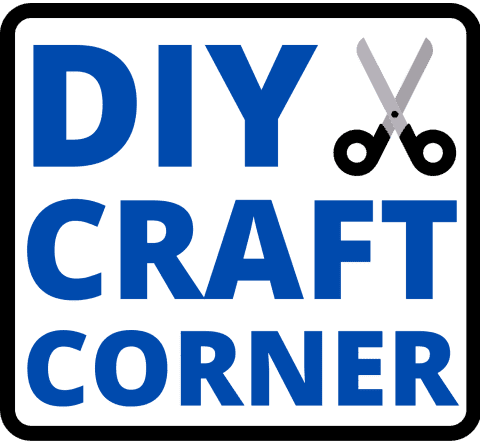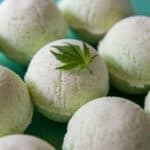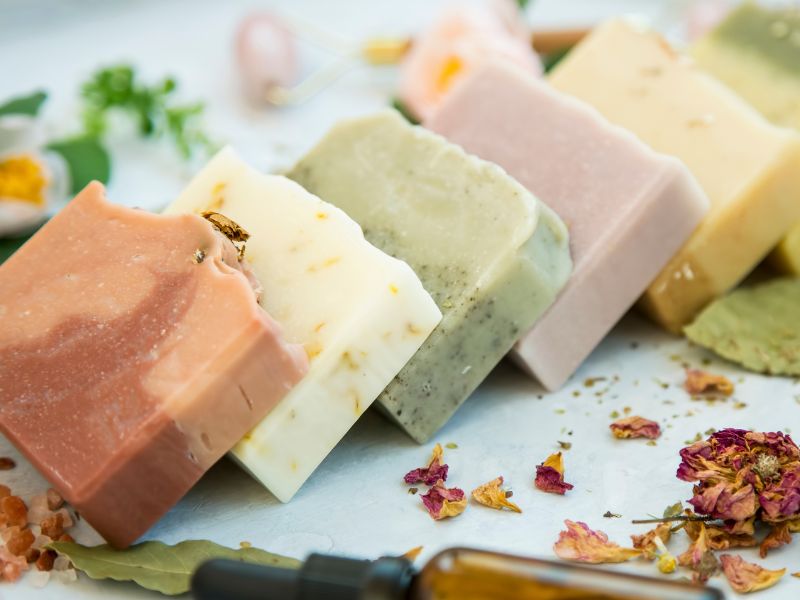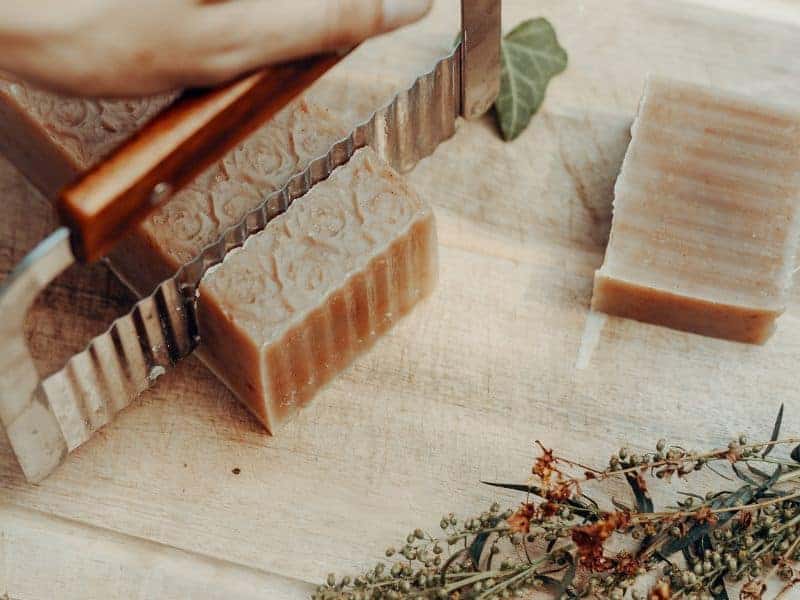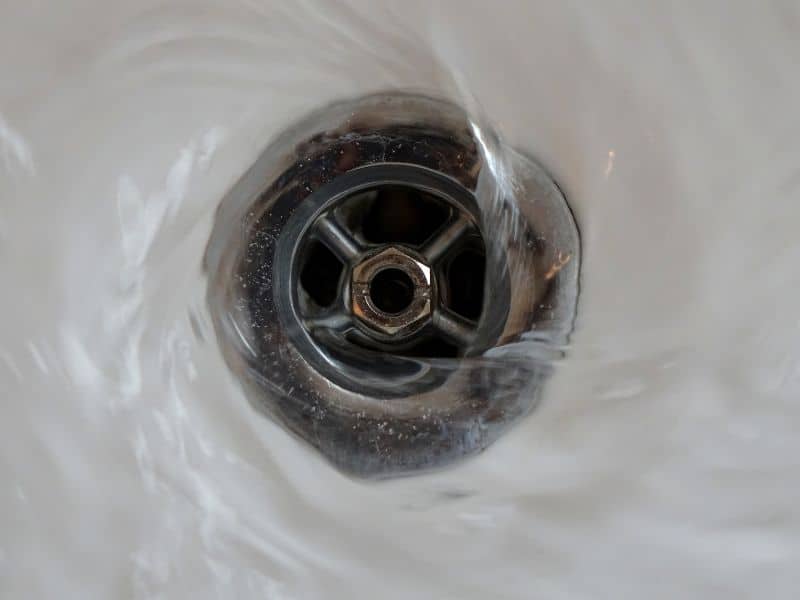Starting a soap making business can be exciting and rewarding. It requires planning, resources, and dedication to get things off the ground, but it doesn’t need to break the bank. Whether you want to get into full-scale commercial production or simply dabble on a small scale in your free time, there are some essential items that you need in order to make the process as smooth and successful as possible.
In this article, we will go over what you need in order to start a soap making business.
Experience Making Soap
The most important thing you need when starting a soap making business is experience making soap. If you cannot make a quality product then your business is doomed to fail from the start. It is essential that you have at least some experience in soap making and understand the basic processes involved.
Make several batches of soap and try it yourself, give it to friends and family. Ask them for feedback and an honest review of the product you’ve made. You need to know where you stand before you start charging strangers for your soap.
Soap Making Supplies
The first thing that you need is supplies for your operation. If you are just getting started out, then these items can be purchased from a craft store or specialty supplier:
Soap molds
These come in all sizes and shapes and should be made from silicone or plastic so they won’t leak.
Soap Colorants
Food grade colorants will give your products a unique look and add visual appeal. Little goes a long way here so buy small packs until you know what colors you like best.
Fragrances
Fragrances added to your soaps help create their signature scents and should also be food grade for safety reasons.
Oils & Butters
Oils like olive or coconut oil make great soap bases while butters like shea provide additional moisturizing benefits. You can purchase these from specialty suppliers or online retailers depending on your preference.
Labels & Packaging
Finishing touches such as packaging and labels complete the look of any finished product, so having them ready ahead of time will save time when it comes time for sale or display purposes later on down the road.
Methods & Recipes
You might have noticed that most of these supplies are available at craft stores which means that soap making is not difficult if done correctly! But before starting any kind of project it is important to understand the fundamentals of how each ingredient works together before starting to mix them together on large scales (or even small ones). A few good sources include:
Books
Many books are available with detailed explanations of basic techniques along with more advanced recipes for more experienced makers looking to learn new tricks!
Videos/Tutorials
YouTube tutorials provide easily accessible lessons on basic techniques while more complex recipe demonstrations can be found online if enough research is done beforehand.
The most important thing to remember when starting out is that experimentation is key! Take some time to practice different methods using simple recipes until something sticks; trial-and-error will not only help you learn quickly but also determine which ingredients work best for whatever type of soap you wish to produce commercially.
Equipment/Tools
Once you have some basic recipes nailed down, then it’s time to move onto equipment that will multiply your production capacity significantly:
Melting Pot/Double Boiler
This tool helps melt oils smoothly without burning and allows larger batches of soap base material than stovetop methods would typically allow.
Safety Gloves/Eye Protection
Using lye (sodium hydroxide) requires extra precautionary steps due its caustic nature; gloves and eye protection must always be used when handling this substance directly regardless if amount being used (in addition to proper ventilation).
Measuring Instruments/Equipment
Having accurate measurement tools helps ensure consistent results which could mean fewer problems during production runs while saving money by avoiding having wasted material due to errors caused by inaccurate measuring practices (such as too much lye resulting in harsh bars).
Mixing Bowls/Utensils
Utensils such as rubber spatulas, whisks, wooden spoons, etc., are necessary for stirring together ingredients into uniform batter-like consistency; certain types of metal bowls have been known to react negatively with lye so using glassware instead might be necessary depending on the circumstances involved such as temperature control requirements etc.
Other tools such as thermometers allow precise monitoring of temperatures during curing processes—which yields superior quality bars—while digital scales offer precision measurements not usually found outside laboratory settings (allowing increased control over formulas).
Generally speaking, though these last two items fall under the “preferred” category rather than “essential” meaning one could still make decent products without them albeit with diminished results compared to those made with more exact instrumentation employed during production runs.
Some physical space must also be allocated even if operating mainly online since the aforementioned pieces of equipment don’t run themselves! A single room dedicated solely towards this purpose should suffice although having access outdoor space may increase possibilities greatly depending size desired output rates etc…
Legal Protection
It is important to protect yourself legally when starting a business.
Incorporation or LLC
You can protect your personal assets by creating a new legal entity for your business. One of the most common methods you see used for this type of business is an LLC. This would help protect your personal assets should your business ever encounter any legal or financial issues.
Liability Insurance
Liability insurance will help protect your business in the event of business or product related injury or damages. This type of coverage is generally recommended for any business because of the variety of ways it can help protect your business.
Frequently Asked Questions
Yes soap making can be profitable, but it depends on the type of soap you make and how much effort you put into marketing your products. If you have an original soap recipe and take time to promote your products, then soap making can be very profitable.
You can sell your soap locally at farmers’ markets, craft fairs, or artisan events. You can also set up an online shop to sell soap to a wider audience. When selling soap online, it is important to ensure that you are following all necessary packaging and shipping regulations.
You can expect to spend between $200 and $500 to start a soap making business. However, the cost of soap making business will depend on the size and scope of your operation. Generally, soap makers will need to invest in soap-making equipment, soap molds, and other ingredients.
Most soap making businesses don’t require a license or permit, but you may need to check with your local health department for any regulations that you need to follow. Additionally, it’s important to register your business and obtain the necessary tax permits in order to be compliant with applicable laws.
The best soap making method will depend on the type of soap you are making. The most common soap making methods are cold process and melt & pour soap. Cold process involves mixing lye with a liquid (like water or milk) to create soap, while melt & pour soap only requires melting pre-made soap base and adding desired ingredients for scent and color.
Each soap making method has its own advantages and disadvantages, so it’s important to research which soap making method is best for the type of soap you want to make.
Yes soap making can be dangerous if not done properly. Working with lye can be hazardous and can cause severe burns or irritation if not handled with care. It is recommended to wear protective gear while soap making and to work in a safe, well-ventilated area.
By stocking up on the necessary supplies, obtaining the proper legal protection and researching soap making methods, you can start your soap making business on the right foot. With hard work and dedication soap making businesses can be profitable and successful.
Conclusion
In conclusion starting a soap making business is not only fun and rewarding but also requires quite bit of preparation. Take the time to research different equipment options, familiarize yourself with safety protocols and laws associated this type venture to help ensure success at early on while simultaneously reducing risks associated with it over long term.
